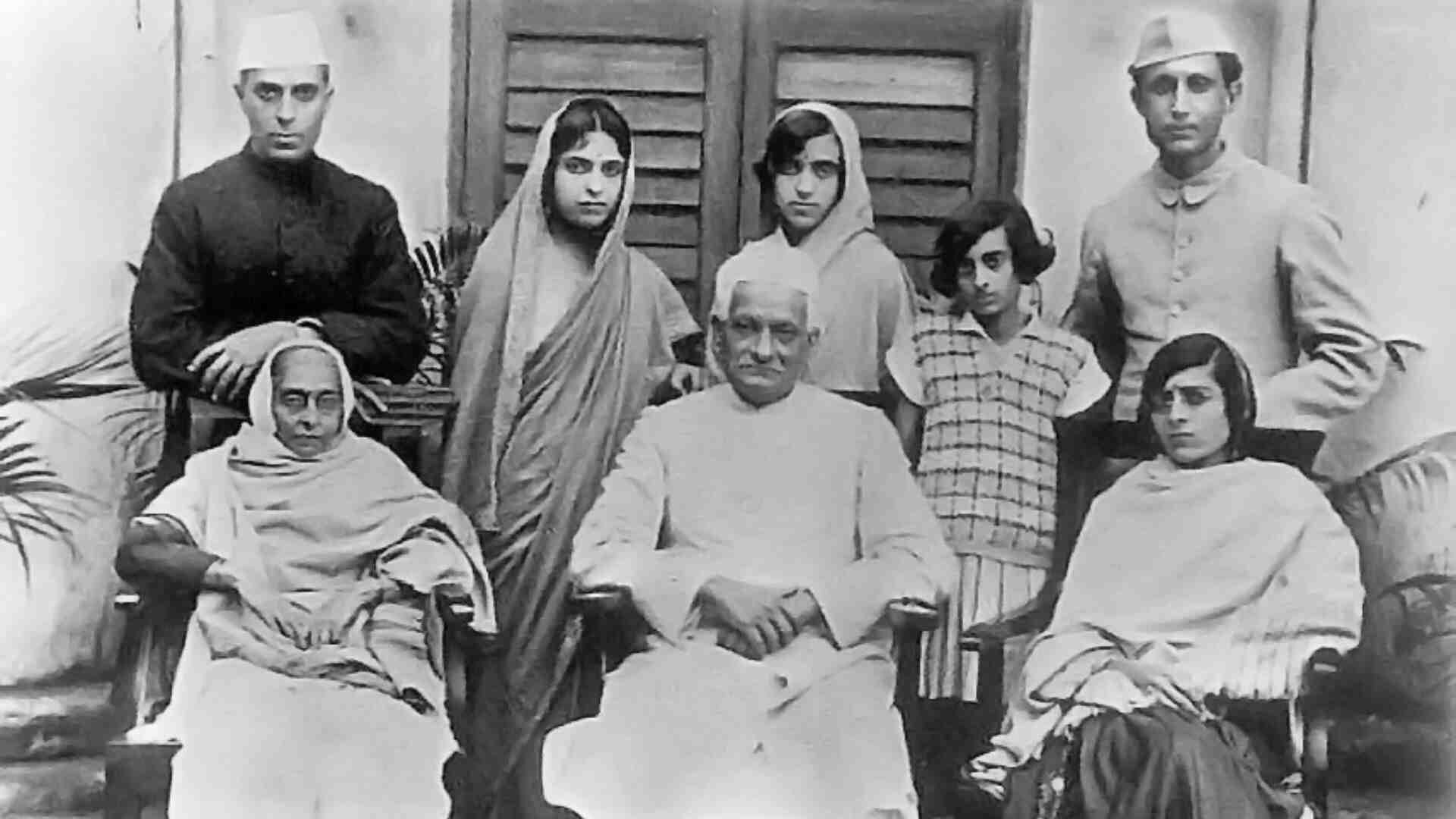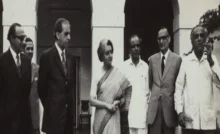Tobacco in its modern shape was first introduced to India during the British colonial era in the 17th century. Rapid colonization led to the widespread adoption of tobacco, merging with existing smoking practices to give rise to cigarettes, beedis, and other variants. Today, tobacco is deeply entrenched in Indian society, with millions dependent on the industry for their livelihood.
The strong smell of smoke drifting through busy streets and public areas is a troubling reminder of India’s enduring addiction to tobacco. This harmful habit has now become a serious public health crisis.
The statistics are nothing short of staggering – every hour, 154 precious lives are tragically cut short due to tobacco’s unrelenting grip. This preventable scourge accounts for a staggering 1.35 million deaths annually, a sobering reality that demands urgent and decisive action.
The economic ramifications of this crisis are equally catastrophic, with the total costs attributed to tobacco-related diseases amounting to a jaw-dropping Rs. 177,341 crore ($27.5 billion) in 2017-18 alone for Indians aged 35 and above. As the world’s second-largest consumer and producer of tobacco, India shoulders an immense burden, one that threatens to undermine its social and economic progress.
At the crux of this epidemic lies a startling revelation – nearly 30% of Indian adults, a staggering 267 million individuals, are ensnared in the clutches of tobacco addiction. The diverse array of tobacco products, ranging from smokeless varieties like khaini, gutkha, and zarda to smoked forms such as bidis, cigarettes, and hookahs, cater to a seemingly insatiable demand.
The crisis extends far beyond the realms of adult usage, as a distressing 8.5% of Indian youth aged 13-15 have succumbed to tobacco’s allure, painting a grim picture for the nation’s future. Alarmingly, a staggering 22.4% of men aged 15-54 are smokers, with one in two consuming over five cigarettes or bidis daily, a habit that often takes root at a tender age, with 65.5% of smokers igniting their first cigarette by the age of 20.
The tobacco industry’s predatory tactics and blatant disregard for ethics have only intensified this crisis. Former gutkha manufacturer and cancer survivor Vijay Tiwari has lifted the veil on the industry’s sinister practices, revealing the use of non-food grade additives like magnesium carbonate as cheap substitutes for authentic spices and flavors. Such unethical conduct underscores the industry’s moral bankruptcy and its relentless pursuit of profits at the expense of human lives.
The consequences of tobacco addiction extend far beyond the primary user, casting a pernicious shadow over innocent bystanders. A staggering 54.3% of Indian teenagers face the insidious threat of secondhand smoke exposure at home or in public spaces. Women in states like Mizoram, Manipur, and Tripura bear the brunt of this invisible killer, with alarmingly high exposure rates. Even the most vulnerable among us, the unborn and nonsmokers, face a 20-30% increased risk of cancer due to passive smoking, a sobering reminder that no one is truly safe from tobacco’s toxic embrace.
While the Indian government has taken steps to address this crisis, including the introduction of the Cigarettes and Other Tobacco Products Act (COTPA) in 2003, aimed at curbing tobacco advertising and sales near educational institutions, the industry’s ingenuity in circumventing regulations has proven formidable. Surrogate advertising, a cunning ploy where tobacco products are marketed under the guise of innocuous goods like soda, music CDs, and golf accessories, continues to undermine the law’s spirit and intent.
Furthermore, the taxation regime on tobacco products remains woefully inadequate, falling far short of the World Health Organization’s recommended 75% of retail price. The 2022 Budget disappointingly maintained cigarette taxes at the previous year’s levels, while smokeless tobacco like the ubiquitous bidi is subject to a mere 22% tax, a paltry figure that fails to deter consumption through reduced affordability.
The path forward is fraught with challenges, but inaction is simply not an option. Bold legislation, stringent enforcement, and fervent public awareness campaigns spearheaded by authorities and non-governmental organizations (NGOs) alike are crucial to stemming the tide of this preventable epidemic. A culture of accountability, ethical conduct, and social responsibility within the tobacco industry itself would aid this cause immensely, though such a paradigm shift may seem like a distant dream.
As India grapples with this crisis, the stark reality remains – tobacco’s astronomical health and economic tolls demand concerted and unwavering efforts to protect the nation’s people and secure its future. Only then can the country overcome this insidious epidemic that robs millions of lives and livelihoods each year, casting a dark shadow over the nation’s progress and potential.
In the annals of public health crises, few have proven as pervasive and pernicious as India’s tobacco addiction. It is a battle that must be waged on multiple fronts, with an unwavering commitment to safeguarding the well-being of current and future generations. The path may be arduous, but the consequences of inaction are simply too grave to contemplate. India’s true greatness lies not only in its economic prowess but in its ability to confront and conquer the demons that threaten its most precious resource – its people.









![[L-R] WW1 Victoria Cross recipient Khudadad Khan, Rifleman Gabar Singh Negi and Lance-Daffadar Gobind Singh.](https://link4din.com/guardians-numeric-wisdom/wp-content/uploads/2025/02/Untitled-design-4-220x134.webp)